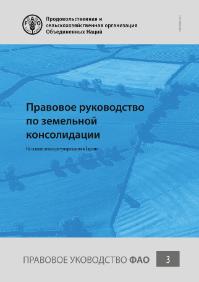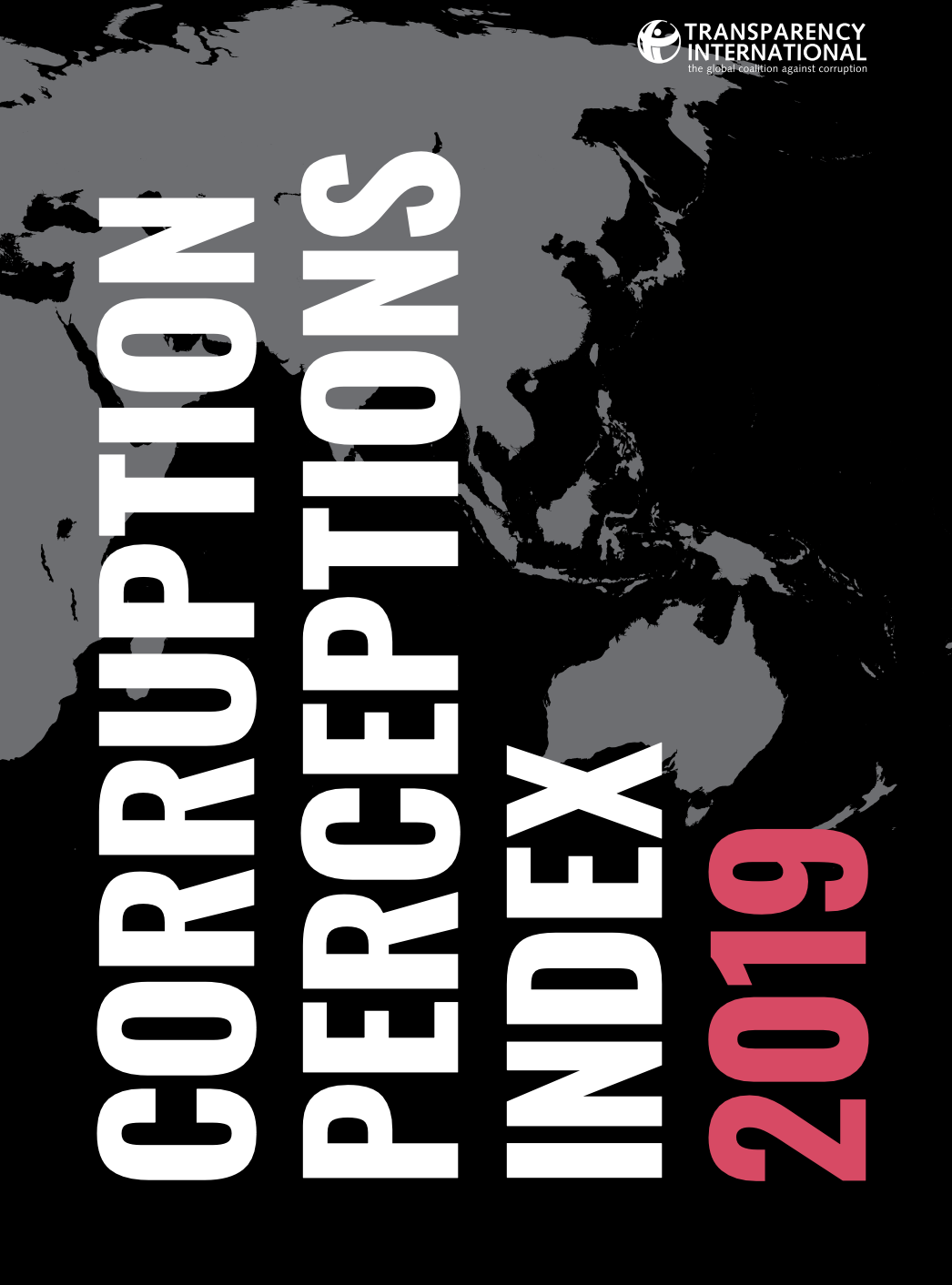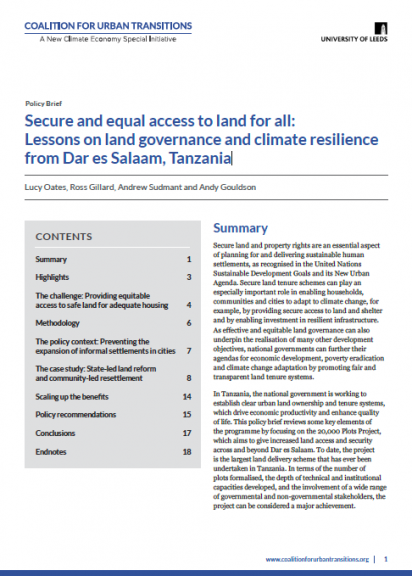Правовое руководство по земельной консолидации
Консолидация земель - это высокоэффективный инструмент управления земельными ресурсами, который позволяет улучшить структуру сельскохозяйственных угодий и ферм в стране, что повышает их экономическую и социальную эффективность и приносит пользу как правообладателям, так и обществу в целом. Поскольку консолидация земель дает мобильность землевладению и другим правам на землю, она также может способствовать выделению новых территорий с особыми целями, отличными от сельского хозяйства, например, для общественной инфраструктуры или охраны и восстановления природы.







